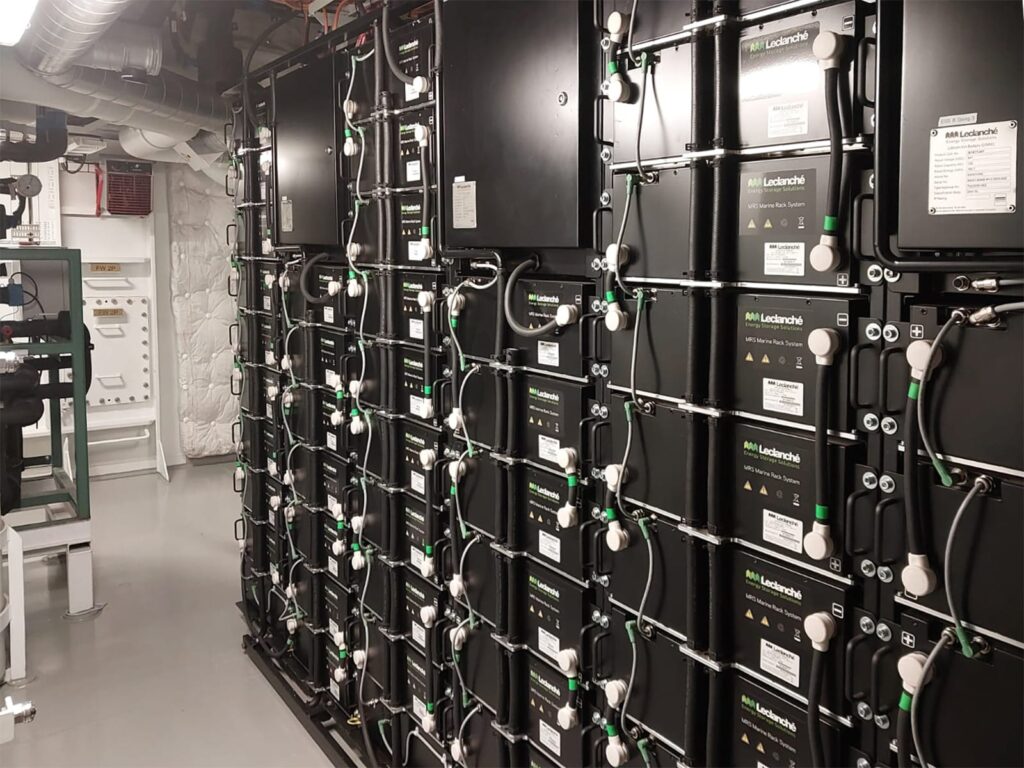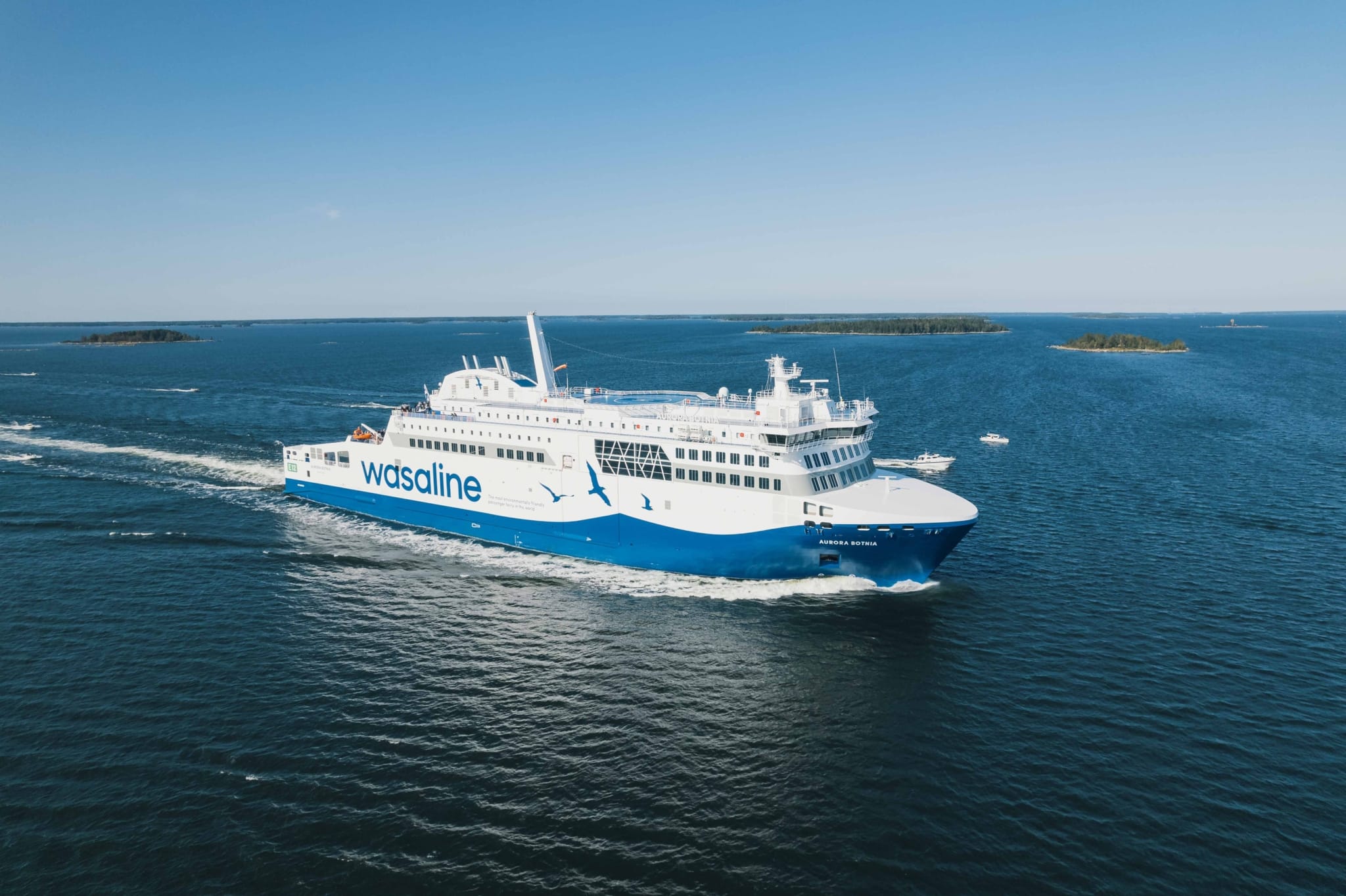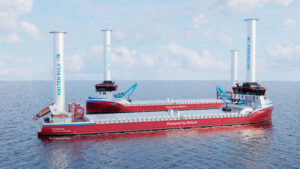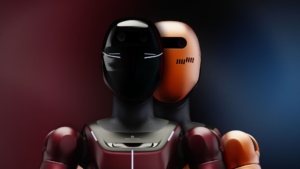The Finland-based Wasaline carrying passengers and cargo on its modern Ro-Pax ferry “Aurora Botnia” between Vaasa in Finland and Umeå in Sweden, is making a significant leap toward sustainable maritime transport by expanding the onboard battery capacity of the Ro-Pax ferry with an additional 10.4 MWh from the current battery capacity of 2.2 MWh.
Wasaline said that the battery supplier is the marine battery specialist AYK Energy, supplying batteries of the LFP (Lithium Iron Phosphate) type. The batteries will be delivered in autumn 2025 and will be in operation in January 2026.

Photo credit: Wasaline.
“This investment is projected to reduce greenhouse gas emissions by 23%. Since operations began in January 2013 with the Wasa Express, emissions are reduced by 77% per trip, which meets the EU’s climate goal of a 55% reduction in emissions by 2030 compared to 1990 levels,” Wasaline said in its statement.
From the initial planning of Aurora Botnia, Wasaline set the target of achieving fully carbon-neutral operations by 2030.
This hybrid vessel is equipped with dual-fuel engines and 2.2 MWh batteries, and it uses electric-powered Azimuth thrusters. The new battery upgrade is expected to further cut fossil energy use by approximately 10,000 MWh annually.
Built at Rauma Marine Constructions, the hybrid Ro-Pax ferry Aurora Botnia entered service on August 28, 2021.
The ferry is equipped with dual-fuel engines and batteries and is using LNG, biogas and batteries for the propulsion.
Peter Ståhlberg, managing director of Wasaline, said: “We are continuously working to establish the Vaasa–Umeå route as a green shipping corridor. There’s growing demand for environmentally friendly transport, and intermodal cargo transportation from Europe is increasing yearly.
“This means the entire transport chain can be carbon-neutral today. Expanding our battery capacity is a major step that allows us to make our vessel even more sustainable and allocate more capacity to batteries and biogas.”



